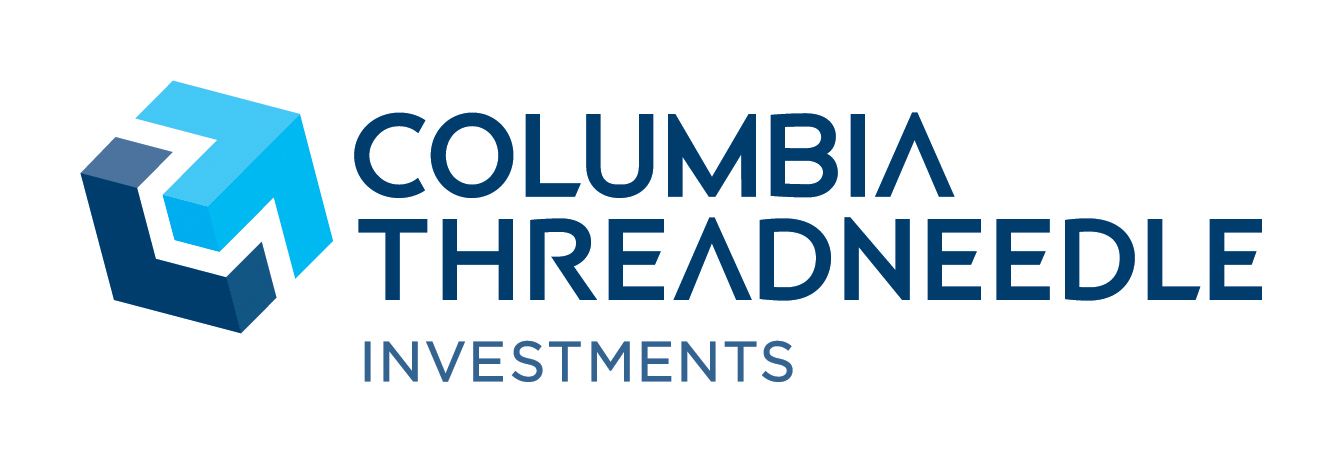What's next for responsible investing?
There has been a surge of interest in sustainable and responsible investing in recent years, but with attitudes constantly evolving and regulatory change on the horizon, what does the future hold?

Understanding responsible investing
Ethical, responsible and sustainable are just some of the terms used in the names of environmental, social and governance funds, and while many market participants regard the terms as synonymous with each other, the first step of ESG investing's evolution was an attempt to give a distinct identity to each of those terms.
But while many asset management firms themselves tend to focus either their communications or their investment style, or both, around one of those areas, at regulatory level, the distinctions are less obvious.
The US regulator, for example, uses ‘ESG’ as a catch-all term, while the Financial Conduct Authority is leading with the term ‘sustainable’, notes Rebecca Kowalski, founder of Overstory Finance, a sustainable investment consultancy.
While a range of strategies have evolved from ethical to impact and everything in between, SRI Services founder Julia Dreblow says they are interconnected. “People tend to think of [them] as all being individual strategies; they’re not. They’re massively overlapping. A lot of them have got lots in common.”
ESG can be a consideration and an objective
Doubts about the extent to which products are sustainable have arisen amid the variety of ESG terms and approaches.
ESG integration, for example, can mean that environmental, social and governance factors are considered; but whether the investee benefits people or the planet can be a separate matter.
Claudia Wearmouth, global head of responsible investment at Columbia Threadneedle Investments, says the asset manager states whether ESG is just a factor in investment analysis and security evaluation, or whether the fund has a sustainable objective above and beyond this.
“For a subset of our ESG-focused funds, we have developed the ‘avoid, invest, improve’ framework to characterise which companies or sectors may be screened out, what the criteria are for positive selection, and which stewardship activity takes place post-investment to encourage positive change,” she adds.
Wearmouth also says the asset manager aims to be transparent about the ESG profile and impact of a range of funds by publishing annual impact reports, in some cases in partnership with independent advisers.
What we’re trying to do is tidy up how people use terminology in this area to make it clearer.
The gap between what an environmentally concerned or socially conscious investor wants or expects, and the marketing and messaging of the investment industry, is difficult to navigate, Kowalski says.
When it comes to an investor looking for an ESG strategy, Lacey Heubel, head of responsible investment for North America at Dimensional, says there are two potential mismatches at play.
“The first is a possible misalignment of the ESG strategy’s investment approach with the investor’s investment goals.
“The second is a potential mismatch between the investor’s ESG goals and those of the ESG strategy. Does the strategy focus on the topics most important to the investor? And does it use a solid approach to achieve those goals?”
Dreblow at SRI Services says what she does not encourage is clients being given a “big checklist of everything”.
“They tend to go, ‘yes, I want everything’. And then you’ll end up with no funds to invest in, because no fund does everything; also, some of them conflict.”
Dreblow’s Fund EcoMarket database, which enables advisers to compare ESG funds, says the service also lists funds that are marketed as ethical, sustainable or responsible etc, but generally appear to be very similar to non-ESG funds according to Dreblow’s review.
Such funds, which the database refers to as having ‘limited exclusions’, may not qualify for one of the sustainable labels proposed by the FCA, she adds. “They may well just have to stop using those words completely.”
Meanwhile sustainable impact funds will be popular among clients based on their holdings, Dreblow says, although the funds are likely to form a smaller cohort. “In terms of assets under management, I see the other two categories [sustainable focus and improvers] as being bigger,” she says.
The FCA’s proposed sustainable investment labels
|
Focus |
Improvers |
Impact |
|
Invests mainly in assets that are sustainable for people and/or planet |
Invests in assets that may not be sustainable now, with an aim to improve their sustainability for people and/or planet over time |
Invests in solutions to problems affecting people or the planet to achieve real-world impact |
|
Source: FCA consultation paper on SDR and investment labels |
||
“What we’re trying to do is tidy up how people use terminology in this area to make it clearer,” Dreblow says.
Besides the sustainability disclosure requirements, she cites the ‘PAS 7342’, a specification being developed by the British Standards Institution on the assessment, monitoring and labelling of responsible and sustainable investment funds.
Alice Evans, responsible investment strategist at Columbia Threadneedle Investments, says the asset manager is supportive of a retail market labelling and disclosure regime that provides clarity, transparency and consistency in industry descriptions of sustainable products.
“We welcome the FCA’s recognition of the positive impact that can be achieved through effective stewardship with the ‘sustainable improvers’ label,” she adds.
Although the FCA’s policy statement on SDR and investment labels is expected in Q4 this year, the proposals are already having some influence.
“We recently launched a Sustainable Global Equity Income Fund and a Global Social Bond Fund in our UK retail fund range as part of our growing suite of responsible investment products,” Evans says.
“Within the product development process for these funds, we considered the direction of travel indicated by the FCA’s SDR and proposed investment labels. We continue to do this for other UK responsible investment products in our launch pipeline.”
The pitfalls of ESG ratings
As the industry awaits the outcome of the SDR consultation for improvements on qualitative challenges, ESG ratings and data product providers are also coming under purview.
A voluntary code of conduct for ESG ratings and data product providers is currently under consultation, while the Treasury recently closed a separate consultation on a future regulatory regime for ESG ratings providers.
“What I would urge caution on is, a lot of data providers over the years have come up with services that people just look at and say, 'We need a four-star or a five-star, or a nine out of 10',” says Dreblow. “And that doesn’t match to a client. That tells you whether or not the assets that have been analysed fit within the methodology of that data provider.
“[Data] is useful for information and help, and to see that someone has done some analysis on a fund and reckons it’s good. That’s a nice thing to know. But it tells you nothing about what your client thinks, and whether or not it’s designed for that particular client.”
For example, Amy Clarke, chief impact officer at Tribe Impact Capital, a wealth manager, cites a client who did not want any exposure to a specific country as they did not agree with the nation’s politics. “We were like, ‘That’s absolutely fine’,” says Clarke.
But recalling the conversation with the client, she continued: “‘If I said to you there are some technology companies we are investing in that are doing incredible work on education technology, but through the distribution channels they have, that technology is being made available to governments around the world... So it’s not that they’re targeting this specific market, but it’s just that this technology, because it is so widely used, is in these markets. How do you feel about that?’
“And straight away [they said], ‘That I’m happy with, because I understand what it’s about’. What then transpired was, [the client] did not want any companies that are headquartered in that market.”
There is no such thing as a 100 per cent ESG business
Scrutiny is also falling on the extent to which investee companies themselves are sustainable, although there is “no such thing as a 100 per cent ESG business”, says Clarke.
For example, an equity holding that Tribe highlights in its annual sustainability report is Vestas, a wind turbine manufacturer and installer.
In its report, the wealth manager acknowledges Vestas’s “crucial” role in sustainable energy solutions, but says it also affects biodiversity due to bird kill from the use of wind turbine blades, and natural habitat displacement from the construction of platforms.
Tribe’s report adds that it is asking Vestas to understand the impact the business has on biodiversity, and to develop an appropriate strategy for nature risk going forward.
“Every single business will be creating some degree of negative externality,” Clarke says. “What you are looking for is an appreciation of that footprint, and the commitment, processes, policies and performance to demonstrate that they are managing it to the best of their ability and mitigating for those impacts.”
André d’Ursel, an investment analyst at Triodos Investment Management, who invests in Vestas through various impact funds, highlights the manufacturer’s 2022 sustainability report, in which Vestas says it will conduct a biodiversity impact assessment of its operations and supply chain this year, and create a biodiversity policy and monitoring program.
“Vestas is showing a clear and structural approach to minimise its negative impact,” d’Ursel says. “We are therefore looking forward to further engaging with the company.”
Conversely, d’Ursel gives an example from a few years ago of another renewable energy company, which he says was not respecting the rights of local indigenous communities. “We tried to engage with the company, which was not successful.
“As we could not see any willingness with the company to improve the situation… the company did not meet our minimum standards anymore, and we decided to divest.”
Chloe Cheung is a senior features writer at FTAdviser





